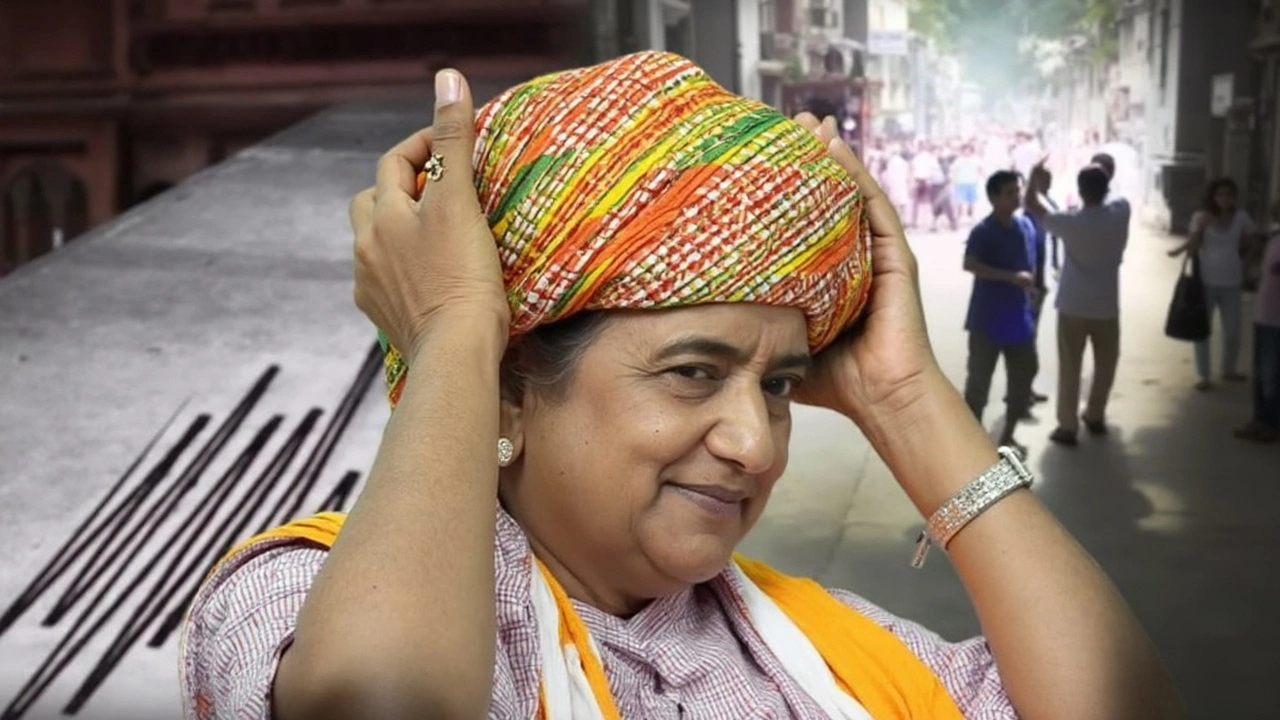Delhi Earthquake Preparedness: What You Need to Know
Earthquakes don’t give a heads‑up, but you can still be ready. In Delhi, the ground can shake harder than you expect, especially in older parts of the city. The good news? A few simple habits can keep you and your family safe when the earth moves.
Before a Quake: Planning and Kits
First, write down a family emergency plan. Pick a meeting spot outside your building—maybe a park or a familiar landmark. Make sure everyone, including kids and elderly relatives, knows the location and how to get there.
Next, build a basic emergency kit. You don’t need a fancy backpack; a sturdy box works fine. Include at least three days’ worth of water (one litre per person per day), non‑perishable food, a flashlight, extra batteries, a whistle, a small first‑aid kit, and copies of important documents. Keep the kit on a low shelf so it’s easy to grab, but not so low that you can’t reach it when the lights go out.
Secure heavy furniture now. Anchor bookshelves, cabinets, and the TV to walls with brackets. Move large objects like mirrors or picture frames away from beds and sofas. If you live in a high‑rise, check the building’s structural maintenance record. Knowing that the management does regular safety checks adds extra confidence.
During and After: Immediate Actions
When the shaking starts, drop, cover, and hold on. Get under a sturdy table or desk, protect your head with your arms, and stay away from windows. If you’re outdoors, move to an open area away from streetlights, trees, and power lines. Cars are dangerous during a quake, so pull over safely and stay inside until the shaking stops.
After the tremor, check yourself and others for injuries. Give first aid if needed, but avoid moving anyone with suspected spinal injuries unless they’re in immediate danger. Look for gas leaks—if you smell gas or hear a hissing sound, turn off the main valve if you know how, and open windows to ventilate.
Use your whistle to signal for help if you’re trapped. It makes it easier for rescuers to locate you through the rubble. If the power is out, rely on your flashlight—never use candles because they can start fires.
Stay informed. Keep a battery‑powered radio tuned to local emergency broadcasts. The Delhi Disaster Management Authority (DDMA) will share updates on aftershocks, road closures, and shelter locations. Follow their instructions, even if you think the danger has passed.
Finally, rebuild your routine. After the initial emergency, check your home for structural damage. If walls are cracked or doors won’t close properly, get a professional inspection before moving back in. Replace broken glass, secure loose items, and restock your emergency kit with any used supplies.
Being earthquake‑ready in Delhi isn’t about panic; it’s about ordinary steps you can do today. Write that plan, pack that box, and practice the drop‑cover‑hold technique with your family. When the ground shakes, you’ll already have a clear game plan, and that peace of mind is priceless.

- Apr, 20 2025
- Comments 0